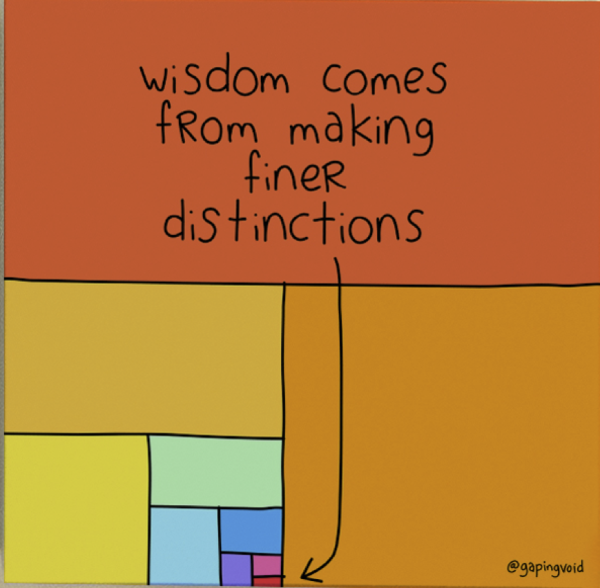At the beginning of the pandemic, I participated in a series of webinars for IBM. The focus was on building smart and secure financial services. My talk was about advanced computing and the new world of trading.
Challenging times drive advancement – and what better time to talk about advancements in technology (and their applications) than in the midst of a global pandemic.
You can watch a replay of the Fintech webinar here. There are several interesting presentations. If you just want to watch my presentation, it starts at the 5:16 mark.
In addition, I've uploaded a different version of just my talk that you can watch directly here.
IBM and Capitalogix via YouTube
In the past, trading used to be about people trading with people. Markets represented the collective fear and greed of populations. So, price patterns and other technical analysis measures represented the collective fear and greed of a population. If you could capture that data and figure out certain statistical probabilities, you might have had an edge. The keywords are "might have".
If you had more information than your competitors – meaning, an information asymmetry – you had an amazing edge. At one time, that was being able to print out reports on stocks from that new-fangled technology called the internet. As time passed, it became harder to gain an asymmetric information advantage (because people had access to more and better data).
Each generation of traders finds new ways to play the game and generate "Alpha" (the excess return generated by manager skill, rather than luck or excess risk). As soon as enough people adopt a strategy (or figure out a way to combat it), the edge begins to decay.
When computerized data became available, simply understanding how to download and use it generated Alpha. The same could be said for each later evolution – the adoption of complex algorithms, access to massive amounts of clean data, or the adoption of AI strategies.
Each time a new shift happens, traders pivot or fail – it's not that active trading stopped working – it's that the tools, speed, and styles necessary to play that game evolved.
Said another way, the rules, the players, and the game (itself) have all changed. Today, technological asymmetry is a significant factor, and your edges come from things like bigger and faster servers, low latency connections to markets, or the ability to calculate the odds better or faster than others.
In the future, I see those edges combining as artificial intelligence starts to leverage exponential technologies and new data sources (like alternative data and metadata feedback loops). It is easy to imagine a time when information is the "fuel," but your ability to digest and parse that information is the "engine."
Playing a New Game
Historically, most active traders don't beat the S&P in any given year … and even less beat it with any semblance of consistency. But those that do – the ones that have been doing it for long enough that it's not chance … exercise a willingness (and a skill) to adapt quickly.
One of Charles Darwin's best-known concepts is: It is not the strongest species that survive, nor the most intelligent, but the ones most responsive to change.
While computers have made information accessible to everyone, they've also created a massive asymmetric information advantage for those who have both the access and the skill to best use the massive amounts of data now available. This is more complicated than it seems. You need the information, the technology, the process, and the people. There is so much data available now that figuring out what to ignore is probably more important than what to use. Likewise, the ability to ingest, clean, validate and curate the data is a huge hurdle that most can't clear.
I talk about much more in the video but boiling down the main points, ask yourself (in business, in trading, in life) are you separating the "signal" from the "noise?"
A technological advantage doesn't mean anything if you're plugging in inaccurate or biased data into it … just like with the news.
But, even with those skills, it's harder than ever to take advantage of inefficiencies (edges) than ever before. The edges are smaller, more fleeting, and surrounded by more volatility and noise. It's like finding a needle in a haystack. That being said – finding a needle in a haystack is easy when you have a metal detector.
That's where A.I. has come in for us. We use A.I. to develop algorithms, analyze markets, and create meaning where humans can't find any.

We live in exciting times.
Onwards!

Leave a Reply